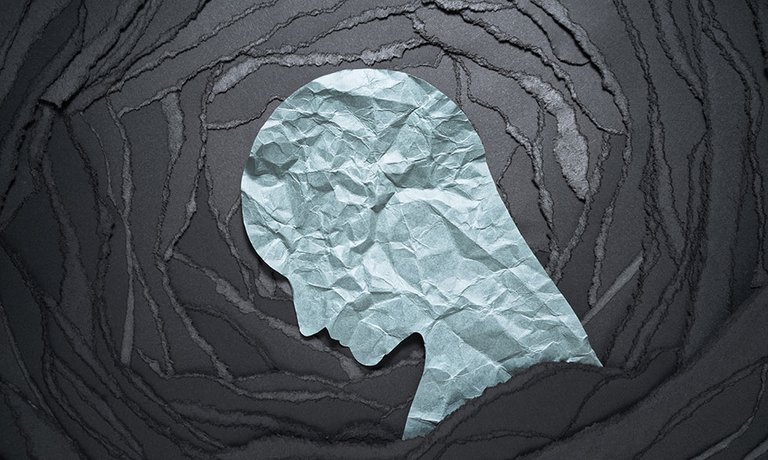Rituals are defined as a series of actions performed in a specific, predetermined order. These actions can be as simple as making the bed in the morning or as elaborate as a religious ceremony. Rituals are a common aspect of many cultures and are often used to mark important events or transitions, such as weddings, graduations, and birthdays.
But rituals aren't just for special occasions. Many people incorporate rituals into their daily lives to help them feel more grounded, focused, and motivated. For example, an athlete might have a specific pre-game routine to help them get into the right mental state for competition. A student might have a ritual of reviewing their notes before an exam to help them feel more prepared.
So, how do rituals affect our performance and anxiety? Research suggests that rituals can have a powerful impact on both of these areas.
One way that rituals can affect performance is by helping to reduce anxiety. Many people experience anxiety in high-stress situations, such as public speaking or taking a test. Engaging in a ritual before or during these situations can help to calm the nerves and reduce anxiety. This is because rituals provide a sense of control and predictability, which can help to alleviate feelings of uncertainty and insecurity.
In addition to reducing anxiety, rituals can also improve performance by helping to focus attention and increase motivation. When we engage in a ritual, we are fully present in the moment and focused on the task at hand. This heightened focus can help us to perform better, as it allows us to block out distractions and fully engage in the task.
Rituals can also increase motivation by providing a sense of purpose and meaning. When we engage in a ritual, we feel connected to something larger than ourselves. This sense of connection can help to inspire us and give us the motivation to push ourselves to do our best.
There are many different types of rituals that people use to improve performance and reduce anxiety. Some common examples include:
Affirmations - Repeating positive statements or affirmations to oneself can help to boost confidence and reduce anxiety.
Visualization - Imagining oneself successfully completing a task can help to increase motivation and focus.
Deep breathing - Taking deep, slow breaths can help to calm the nerves and reduce anxiety.
Exercise - Engaging in physical activity can help to reduce stress and increase focus.
Gratitude - Focusing on the things we are grateful for can help to shift our perspective and reduce anxiety.
It's important to note that rituals are not a magic cure-all for anxiety and poor performance. However, when used in conjunction with other coping strategies, such as therapy or medication, they can be a useful tool for managing stress and improving performance.
In conclusion, rituals can have a powerful impact on our performance and anxiety. By providing a sense of control, focus, and motivation, rituals can help us to feel more grounded and prepared to tackle even the most challenging tasks. Whether we are preparing for a big presentation at work or getting ready for a big game, incorporating rituals into our lives can help us to perform at our best and feel more confident and capable.
